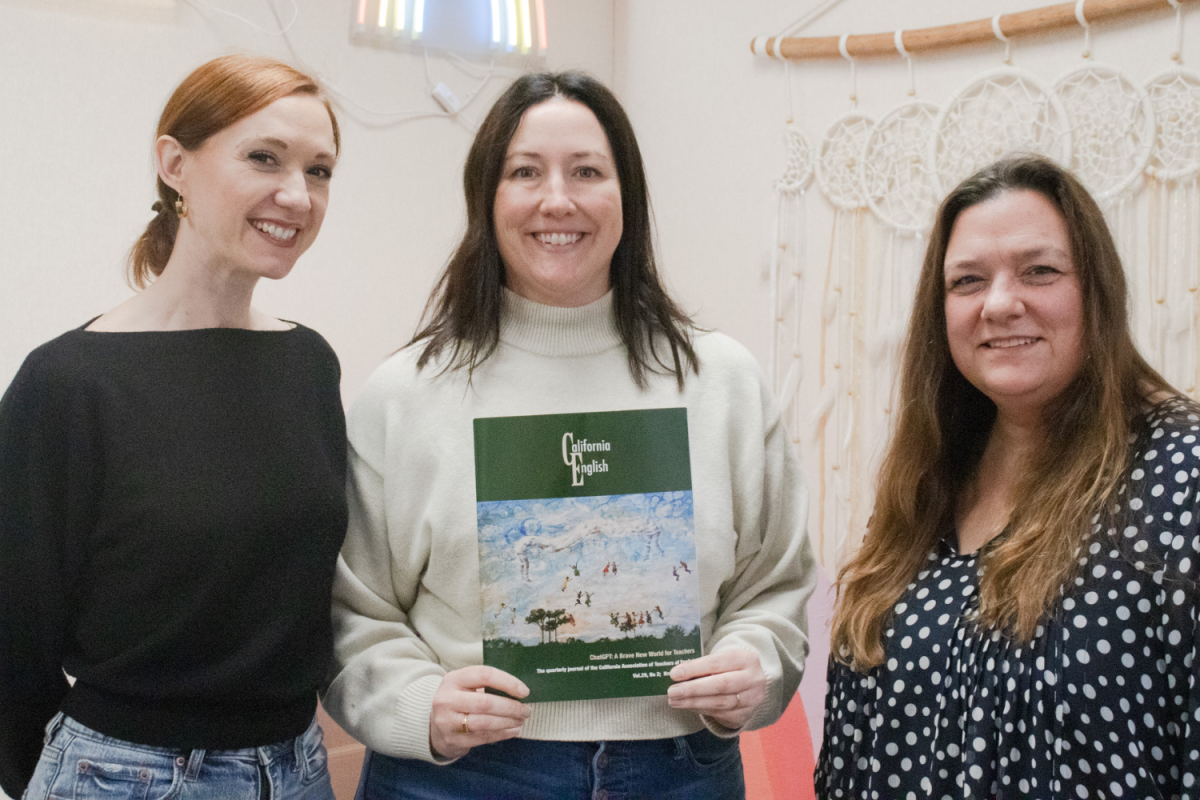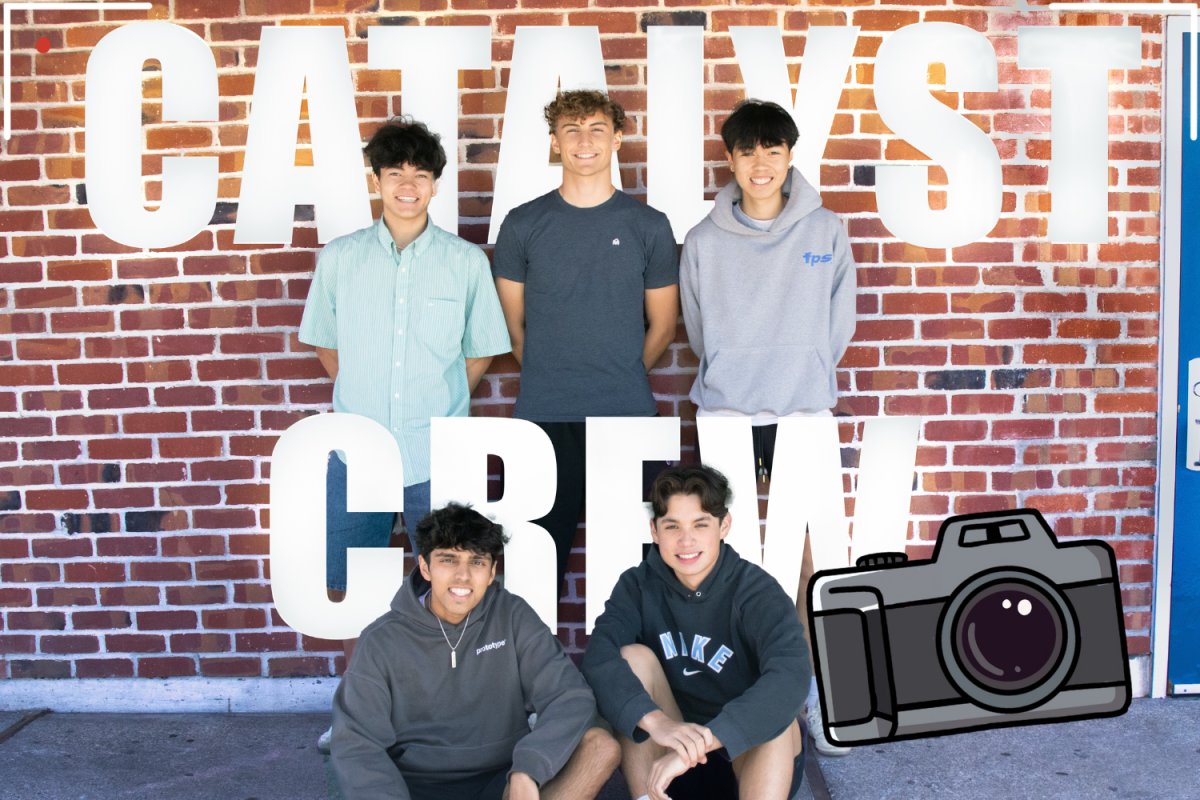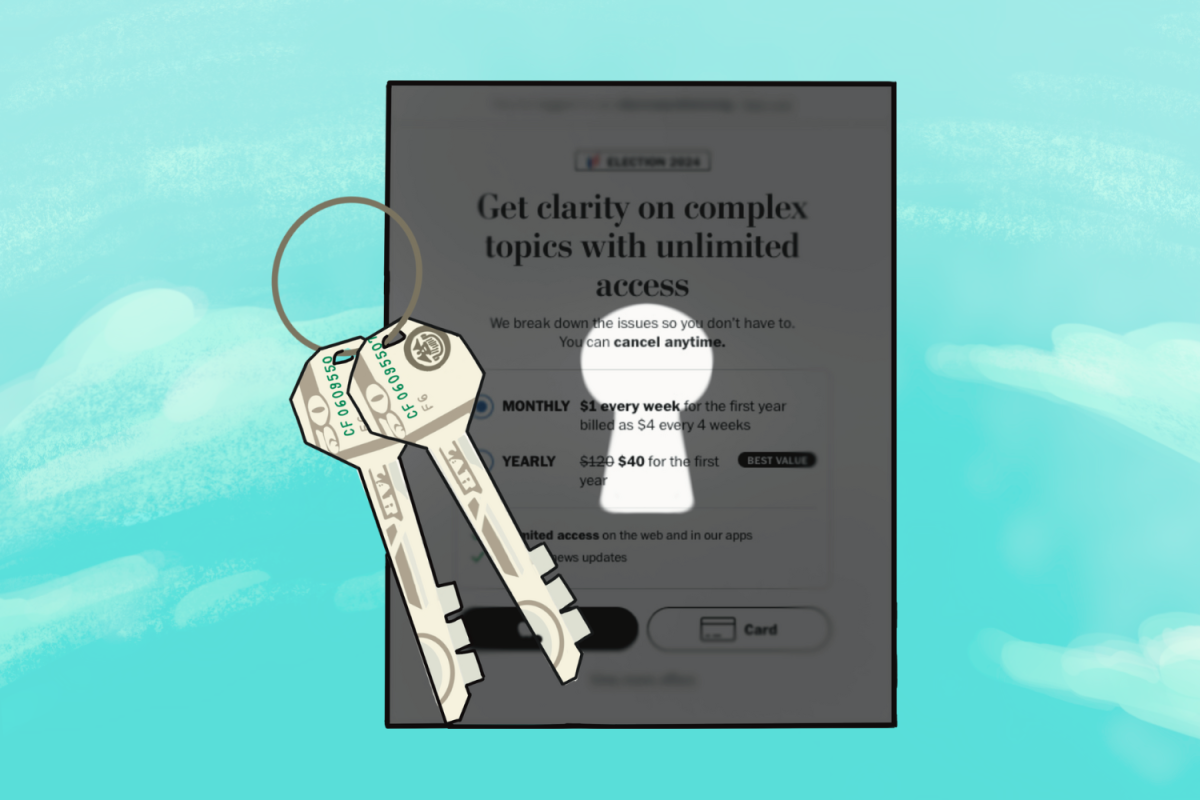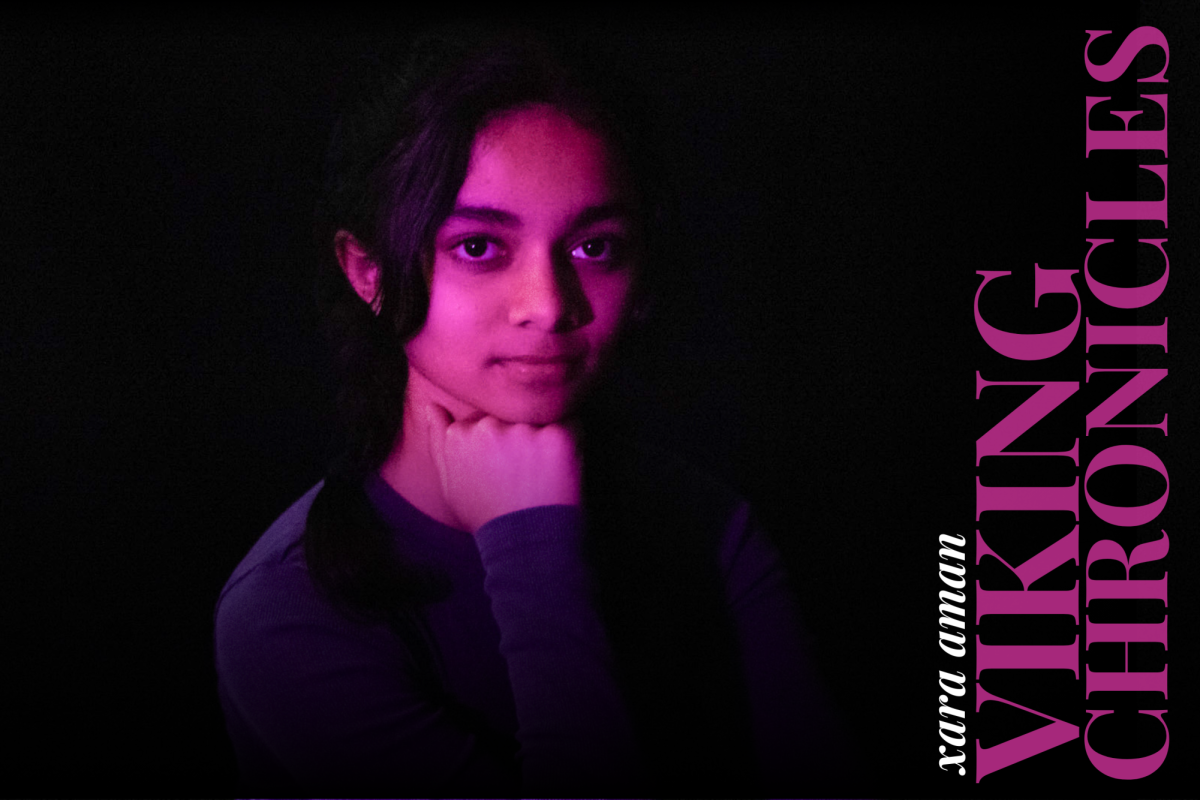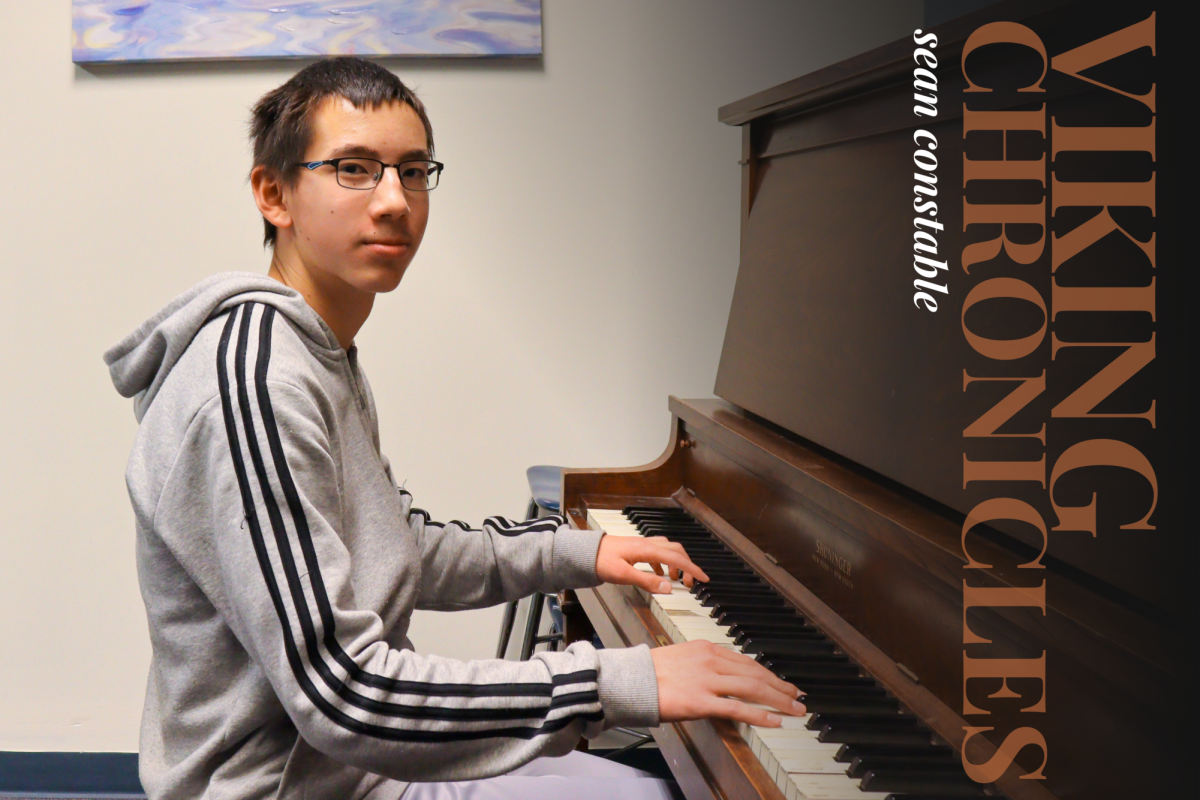Five documents, three laptops, one article. Story and Style teachers Evyenia Ene, Jane Gilmore and Erin Levin typed away to create a piece reflecting their views on artificial intelligence as English teachers. The looming question of whether AI has a place in the classroom is fairly prevalent and polarizing in the teaching community. In their article “In the Belly of the Beast: Three Teachers Confront AI in the Classroom,” published in the November 2023 issue of California English, they attempt to answer the question cohesively despite having differing views and experiences with AI.
Sitting in a meeting with the California Writing Project Board, Gilmore explained to the members an assignment she had done with her class discussing ChatGPT. Intrigued by the different perspectives surrounding ChatGPT in the classroom, the head of the California Project assigned Gilmore to write about how AI should be confronted. As she contemplated ideas, she invited her fellow Story and Style teachers, Ene and Levin, to delve into the topic along with her. The three teachers were no strangers to confronting AI and discussed the ups and downs of ChatGPT with their students through a Socratic seminar conducted by all three teachers.
“In their Socratic seminar, students gave thoughtful consideration to so many important, valuable insights,” Ene said. “Questions ranged from moral obligations to singularity to blurring the lines between human interactions and tech interactions. From these deliberations, we shaped a classroom policy on AI.”
Through the Socratic seminar, teachers and students were able to weigh the pros and cons of using AI, considering what this new technology meant to the future of education, writing in particular.
“I definitely think that using AI for any kind of art form is a threat to the humanity of it, as well as to critical-thinking skills that are important to learn in school,” senior Claire Lucas said.
With these ideas discussed and deliberated openly throughout all three Story and Style classrooms, the Socratic seminar not only acted as a catalyst for the article but also as a guiding path. As the teachers grappled with how to present their views on AI holistically, they contemplated student conversations, which inspired their final article.
“There were really four authors of the article,” Levin said. “It was us three and the students.”
However, the article offered new challenges. In each of their classrooms, Levin, Ene and Gilmore tackled the subject of AI from their own perspectives. While Levin and Gilmore believe that AI poses a threat to the creative process of writing, Ene finds ChatGPT to be an intriguing tool that, if responsibly used, can open new avenues to writing. Her classroom policy reflects her voice in the article, with her students being allowed to use ChatGPT to generate ideas. Shaping those unique perspectives into a singular article was the teachers’ main obstacle.
“Initially, we all wrote three pieces that were way too long,” Gilmore said. “One of our main issues was trying to keep on cutting it down and editing our voices to be cohesive.”
These initial drafts were written based on personal experience and sentiment. While the final article still retains these feelings, the teachers had to figure out a way to shape their writing to cater to their audience: other teachers. With that in mind, Ene, Levin and Gilmore revised their article to inform their readers on how the open discussions they held in class helped them navigate AI as English teachers.
Though the article makes it clear that not all three teachers see eye-to-eye on how AI should be used in the classroom setting by splitting it up to address multiple perspectives on AI, they were able to conclude with one message: AI and humanistic writing is not the same, and that true writing comes from the mind and heart. They share that teachers should give their students the opportunity to write in new and adventurous ways with the hope that their students will learn to experience writing on a level beyond their classroom assignments.
“Writing should feel as thrilling as running around in a rainstorm in the sunshine,” Levin said. “There’s a little danger to it. There’s a little discomfort. There’s also a freedom and a joy. But not if you outsource it.”






















































